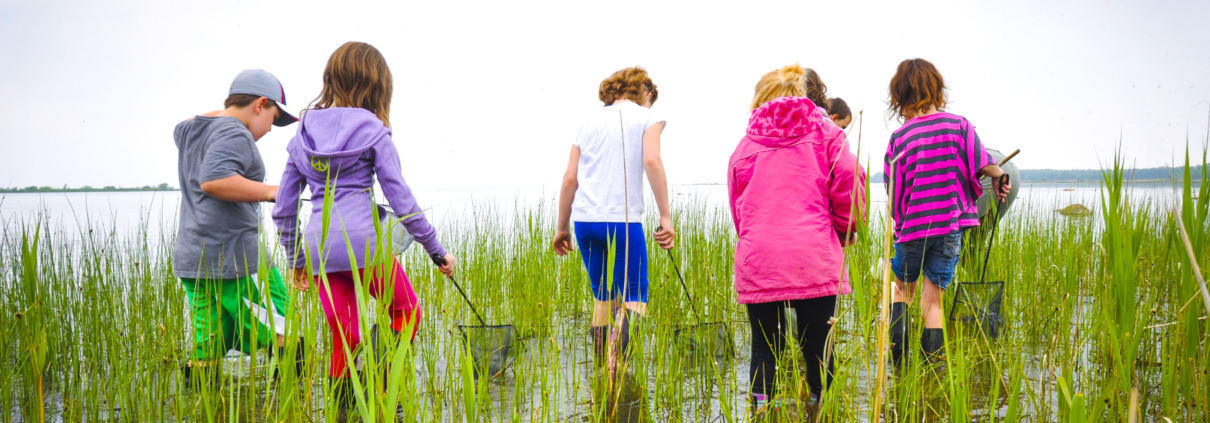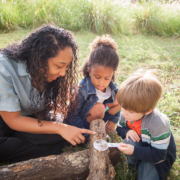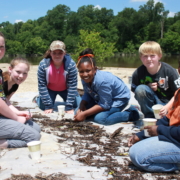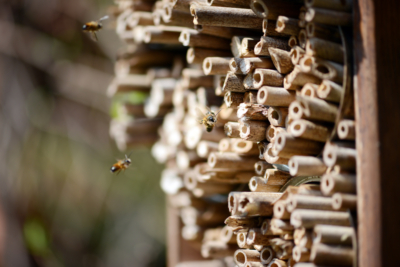The Importance of Aligning Your Projects with Learning Standards
WHC Conservation Certification requires that formal learning projects be aligned with learning standards. But what exactly are learning standards, and why are they important?
Learning standards, also called academic standards, are the standardized benchmarks of quality and excellence in education. The standards for grades K-12 are typically set by the government agency responsible for education, or in some cases are set directly by the school. Undergraduate- and graduate-level classes will also have standards set by the school or professor. Learning standards lay out expectations for the specific information and skills students at each grade level should learn, ensuring that the topics, skills, and rigor for each grade level are age-appropriate.
Learning standards function as goals. They differ from the teacher’s curriculum, which is a detailed plan for day-to-day teaching with specific information about topics, activities, and exams and is designed to meet the goals set by the learning standards for the applicable subject and grade level.
When you align your conservation education activities with learning standards, you are helping ensure that your activities are focusing on the knowledge and skills deemed essential for learners at your audience’s grade level.
Aligning your team’s educational activities with learning standards makes the activities more attractive to teachers and school administrators, who may not want to take time away from classroom activities that are needed to meet standards. Supporting state standards with conservation education activities also provides teachers with a way to engage learners in hands-on, minds-on learning that meets their objectives, and provides students with an outdoor setting where they can gain and practice newfound knowledge and skills.
The best way to ensure your conservation education activities align with learning standards is to coordinate directly with the teachers who will be bringing their students to your site. Working with teachers to develop outdoor, hands-on lessons will help you ensure that those lessons are relevant to what students are learning in the classroom and help meet learning standards. This helps demonstrate to teachers, parents, and school administrators the value of your site’s relationship with the school.
To learn more about the requirements and recommendations for formal learning projects, be sure to read our Formal Learning Project Guidance, or contact strategyandplanning@wildlifehc.org.








